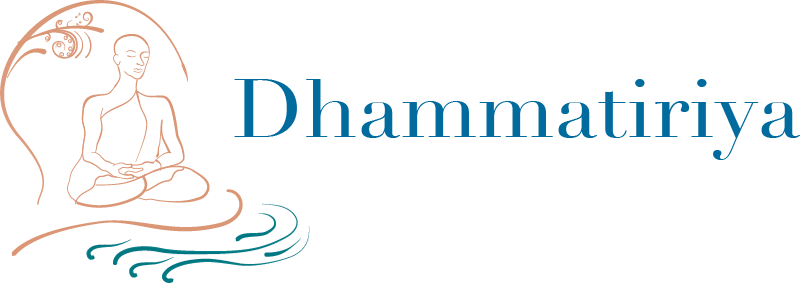We hope over time to create a meditation hermitage for bhikkhunis and serious lay retreatants to undertake long-term secluded retreat time.
We also hope, over time, to expand further to include near-by forested land (or farm land to be reforested) and land for a lay community to create a small community associated with the hermitage, along with a comprehensive reference library.
We also aim to have the possibility of being self-sufficient if need be in light of the effects from climate change. And in this way we hope to preserve the bhikkhuni sangha and an environment for profound Dhamma practice for future generations.
A Dhamma refuge for both monastic and lay practitioners, creating a long term context of sustainability in light of climate change.
Overreaching framework. We like to keep the conditions for this hermitage broad like the sky and deep like the ocean, and still, as precise as the grains of refined flour…. Some frameworks to ensure this:
Hermitage Section
A place for secluded and long term practice (3-6 months). The hermitage is to be kept secluded and undisturbed, a place for profound meditation leading to the realisation of nibbana.
As the teaching (Dhamma) speaks of combining samatha and vipassana (serenity and insight), we would like to offer residence for those interested in the samatha aspect, since many other places do not offer the support and conditions for that, as only vipassana is emphasized. The combination of both would then be given mutual chances to grow.
Comprehensive Library and Study Section
Books from all major Buddhist traditions with the aim of preserving the Dhamma into the future.
Gender Equality
We are dedicated to fostering mutual respect and appreciation between the genders, mainly to counteract the tendency that seems to have prevailed in what we find generally in traditional fashioned Asian lineages of the last centuries.
Unfortunately, the tradition we are part of has absorbed over the millenia some attitudes, structures, habits and rules that are sexist and place females in a clearly secondary role, something mainly cultural and alien to fundamental Buddhism.
Our hermitage is primarily aimed at supporting bhikkhunis (and female monastics), since the lack of access they have to serious meditation places is less than their male counterparts.
Basically, we would like mutual appreciation, respect, good friendship and equality to be the norm. We see this as something that would be inspiring and uplifting for the larger lay community, and appropriate and normal in the New Zealand context as well as in the modern world in general. Also, we see this as psychologically healthy and proper. There are many studies showing that fostering gender equality is one of the most powerful ways to enhance the health and well-being on many levels of the community and that lack of equality as at the root of many social ills including climate change and causes much suffering. So, as often mentioned in the suttas, when we see that some things are increasing kusala (skilful, wholesome) states of mind, these things shall be pursued. (AN:I,189 / MN:114)
A tradition is something always alive and requires from those who want to maintain it the flexibility and creativity that allows for change and adaptation, while still keeping the vitality of the message integral. The conditions we find nowadays are not what we had 2,000 years ago, and for this reason, fresh inquiries, adaptation and rejuvenation are the only things that will maintain what we see as the major theme of Buddhist teachings. This, and only this will help them to survive in the future.
